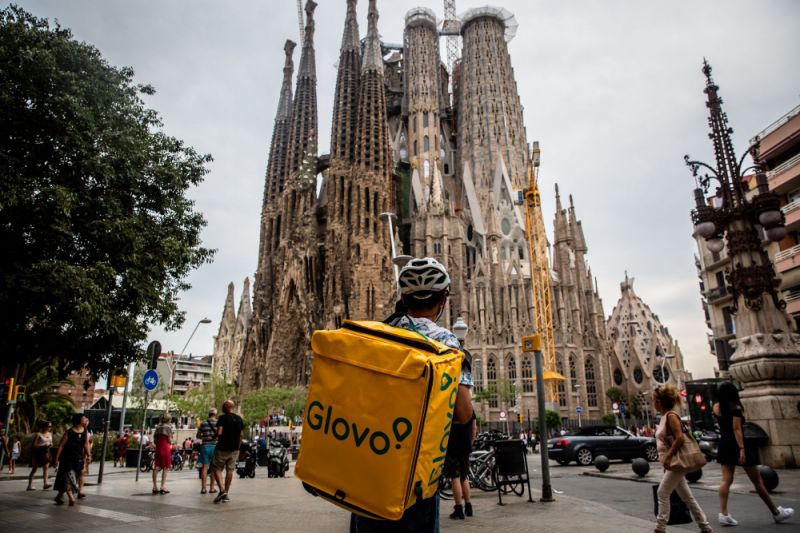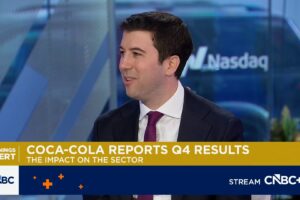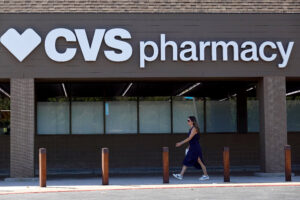(Bloomberg) — Want the lowdown on European markets? In your inbox before the open, every day. Sign up here.
A Spanish startup best known for delivering takeaways is betting on building a network of convenience stores to expand its business — just as the food delivery sector eyes a wave of consolidation.
Glovo, a Barcelona-based web platform used mainly for ordering food from restaurants, is rolling-out so-called dark-supermarkets — delivery-only convenience stores — from Tbilisi to Lisbon in an attempt to tap into growing web-based demand for groceries.
The company is also focusing on delivering groceries for existing supermarket chains. In May it announced a deal with Carrefour SA to handle their deliveries in under 30 minutes in four countries, and it has similar partnerships in different countries with Walmart Inc., Auchan Holding Sadir and Kaufland Stiftung & Co KG, among others.
Glovo drew preliminary interest from Uber Technologies Inc. and Deliveroo, Bloomberg reported in August. The startup is in 180 cities spread across 24 countries, according to its website.
But the company is increasingly marketing itself as an “app for anything” that allows users to request a rider — as the delivery staff, who mainly ride bicycles, are known — to buy any product. With this function, a user can send a rider to any store to pick up a product and the price is charged directly to the user’s credit card, together with a fixed service fee.
Competitors are increasingly moving into delivering groceries alongside restaurant-delivery. Uber Eats has piloted delivery goods from Nestle and Unilever, and said in July that it’s in discussions with European supermarkets to roll out a grocery delivery service. Amazon.com Inc. is growing its grocery store delivery operations in several countries including Spain, one of its first markets.
Germany’s Delivery Hero SE is already offering transport of consumer items such as groceries and toiletries in 12 markets and plans to raise that number in the coming months, Chief Executive Officer Niklas Oestberg said last month.
Demand for online groceries in Europe’s largest economies set to grow by about 60% between 2018 and 2023, to more than $45.1 billion, according to estimates compiled by Delta Partners, a consultancy.
Unlike online grocery shoppers such as U.K.’s Ocado Group Plc, which delivers weekly purchases the following day, Glovo is targeting small baskets at speed. Such deliveries are simply the latest twist in the “anything” strategy, according to co-founder and Chief Executive Officer Oscar Pierre, a wiry 26-year-old aeronautical engineer who started the company in 2015, shortly after a short stint working for airplane manufacturer Airbus SE.
“The app aims to allow users to buy whatever they need from their phone”, says Pierre.
Glovo’s main food-delivery competitor in Latin America, Rappi, recently received an $800 million investment from two SoftBank units, the Vision Fund and the smaller, Latin America-focused Innovation Fund. Glovo is also in talks to receive an investment from SoftBank’s Vision Fund, after raising 150 million euros in a round earlier this year.
To contact the reporter on this story: Rodrigo Orihuela in Madrid at [email protected]
To contact the editors responsible for this story: Giles Turner at [email protected], Stefan Nicola
<p class="canvas-atom canvas-text Mb(1.0em) Mb(0)–sm Mt(0.8em)–sm" type="text" content="For more articles like this, please visit us at bloomberg.com” data-reactid=”54″>For more articles like this, please visit us at bloomberg.com
©2019 Bloomberg L.P.













